THE QUIET Garelochside parish of Row — today Rhu — was shaken to the core in 1830-31 through what became known as the Row Heresy Case.
Religion
Shandon church family of ministers
A FAMILY which had a home at Shandon for nearly a century included some of the most gifted churchmen that Scotland has ever produced.
The MacLeod family from Fiunary, overlooking the Sound of Mull, gave more than 550 years of ordained service to the Church.
Colourful history of local religion
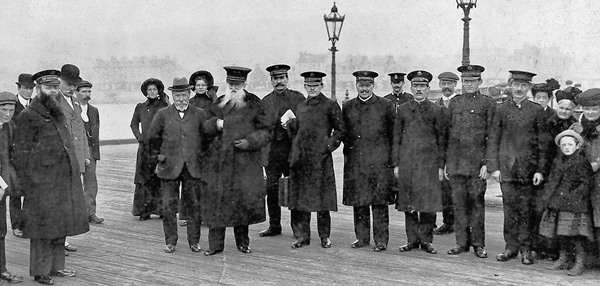
A MULTI-CENTRE Religious Heritage exhibition was staged in the Helensburgh District in August and September 1998, and there was quite a story to tell.
It started in the then Cove Church hall — very appropriately, as St Modan brought Christianity to that part of the area in the beginning. The other two churches were the then St Columba Church in Helensburgh and Cardross Parish Church.
Holy sisters revered on Garelochside

ON THE HILLSIDE above Garelochhead there is a small sandstone monument near the B833.
Along a signposted track created by Ghurkas in 1992 and next to a picnic table, it is inscribed only: “Here Isabella Campbell was wont to pray.”
Rosneath minister helped university grow
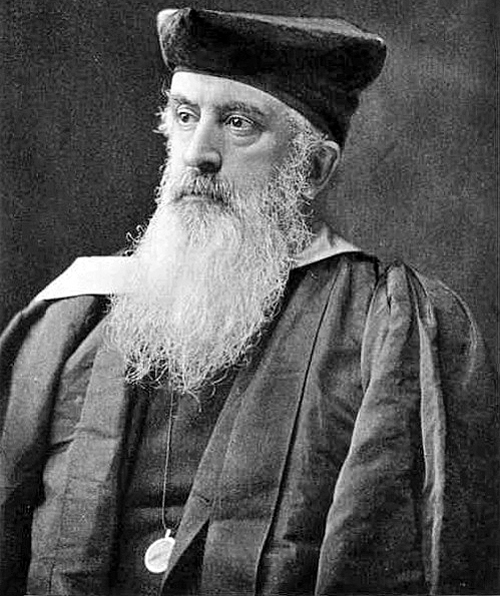 THIS second story features the second Mr Story — fellow Rosneath minister Robert Herbert Story, son of Robert Story.
THIS second story features the second Mr Story — fellow Rosneath minister Robert Herbert Story, son of Robert Story.
Both parish ministers were much loved by their Garelochside congregation, but while his father was in post for 42 years until his death, the son moved on to become a major figure in religious education.
Minister shared name with slave
 THIS is the story of Mr Story. His son was also Mr Story . . . and his slave was Mr Story as well!
THIS is the story of Mr Story. His son was also Mr Story . . . and his slave was Mr Story as well!
First there was the Rev Robert Story, the Rosneath Free Church minister, who had a slave who took the name Robert Story.
Another new chapter for church tower
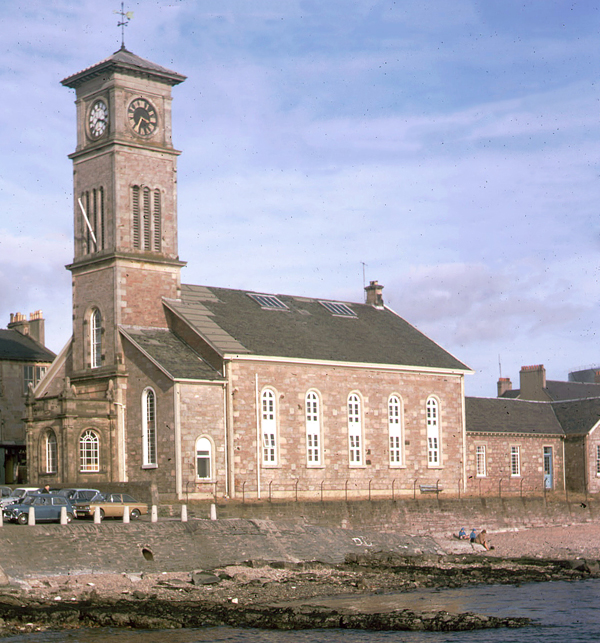 HELENSBURGH’S seafront Clock Tower was put up for sale last year by owners VisitScotland, who used it as a tourist information office, and it was bought recently by a local firm.
HELENSBURGH’S seafront Clock Tower was put up for sale last year by owners VisitScotland, who used it as a tourist information office, and it was bought recently by a local firm.
It will be the start of the fourth chapter in the life of what began as the Old Parish Church.
Place names reflect churches history
 I ENJOYED listening to the story-tellers of the older generation relating the fascinating history of our surrounding countryside. So much history of the area had been handed down to them in the days before the great upheaval of World War Two, television and the electronic age.
I ENJOYED listening to the story-tellers of the older generation relating the fascinating history of our surrounding countryside. So much history of the area had been handed down to them in the days before the great upheaval of World War Two, television and the electronic age.
It helped that many of the sites were available to visit, such as Glen Fruin which was once heavily populated. The large green mound in the glen was a familiar sight to us children.
People Power and Local Religion
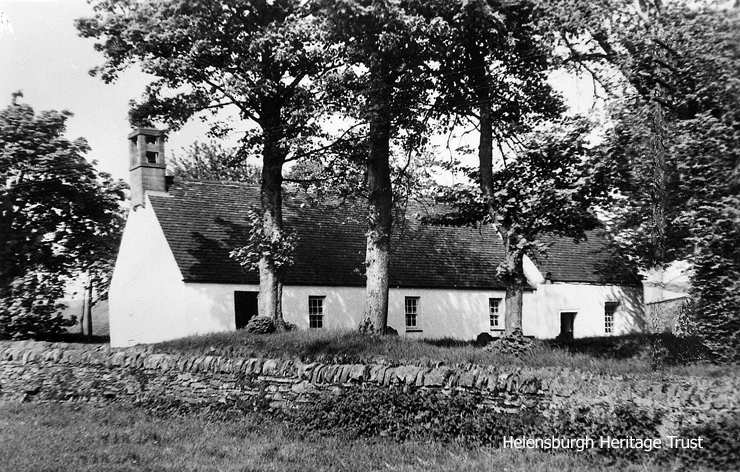 A FRIEND once said to me: “Never underestimate the power of the individual." Since then I have taken her advice.
A FRIEND once said to me: “Never underestimate the power of the individual." Since then I have taken her advice.
Not only the good but the great served the faith exemplified by the Roman Emperor Constantine 1 in 324 and Vladimir 1 of Rus in 988, both of whom brought Christianity to their peoples as did Saint Mahew here.
History of Helensburgh Parish Church
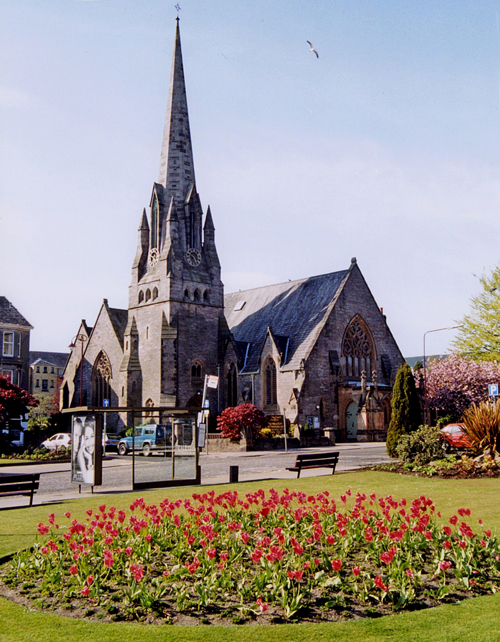 THE HISTORY of what we today know as Helensburgh Parish Church began to emerge from the confused religious times of the 18th and early 19th centuries, during which religious affairs in Scotland were dominated by congregational splits.
THE HISTORY of what we today know as Helensburgh Parish Church began to emerge from the confused religious times of the 18th and early 19th centuries, during which religious affairs in Scotland were dominated by congregational splits.
In 1822 a group of people began to worship together in Helensburgh, using a variety of locations over the next few years. Two years later land was acquired at the corner of Colquhoun Square where the present church now stands, and the first church building was opened in the following year under the name of the Original Secession Church.
The story of St Columba Church
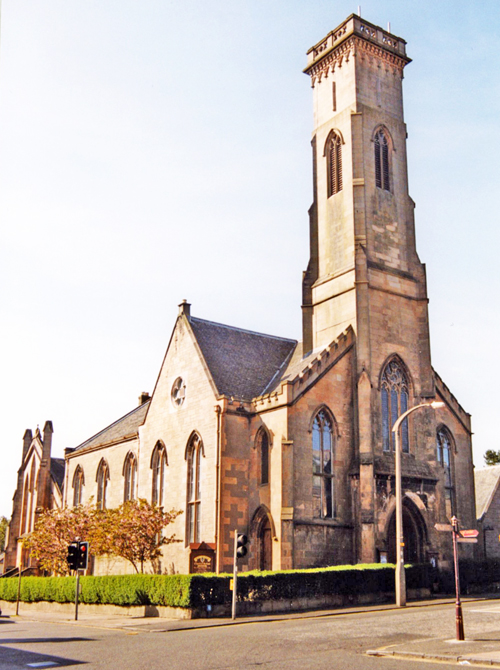 THE roots of Helensburgh’s now closed St Columba Church sprang from a group of Dissenters who met fortnightly in the Baths Hotel for Sunday worship, often with a visiting minister.
THE roots of Helensburgh’s now closed St Columba Church sprang from a group of Dissenters who met fortnightly in the Baths Hotel for Sunday worship, often with a visiting minister.
The hotel was owned by a prominent member of the group, Mrs Margaret Bell, widow of Henry Bell, first Provost of Helensburgh and pioneer of steam navigation. On other Sundays the group travelled to Dumbarton.
Buddhists buy Park Church
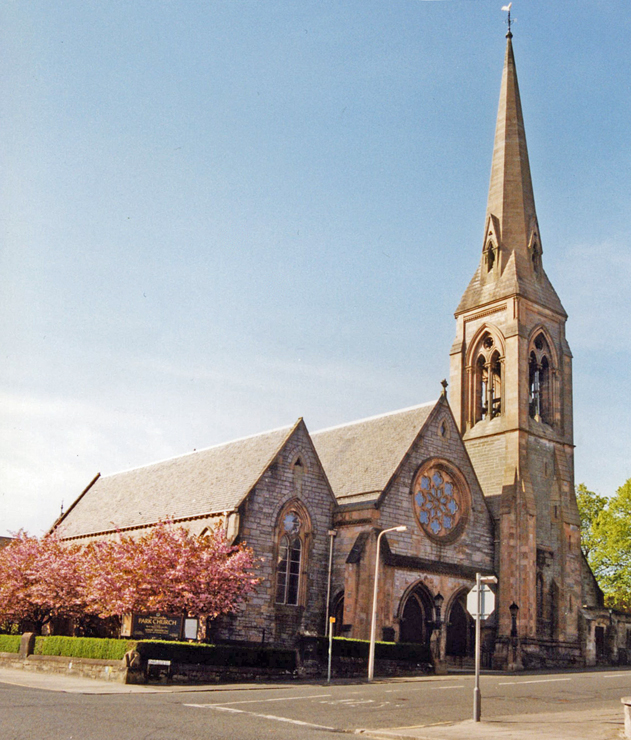 HELENSBURGH’S former Park Church — now the Buddhist Meditation Centre of Scotland — began a new era at the start of 2016 after being bought by Buddhists for use as a place of worship.
HELENSBURGH’S former Park Church — now the Buddhist Meditation Centre of Scotland — began a new era at the start of 2016 after being bought by Buddhists for use as a place of worship.
The sale of the property followed the union of Park Church — built in 1862, originally as a Free Church — with Helensburgh Parish Church.
Inventor's father was charismatic minister
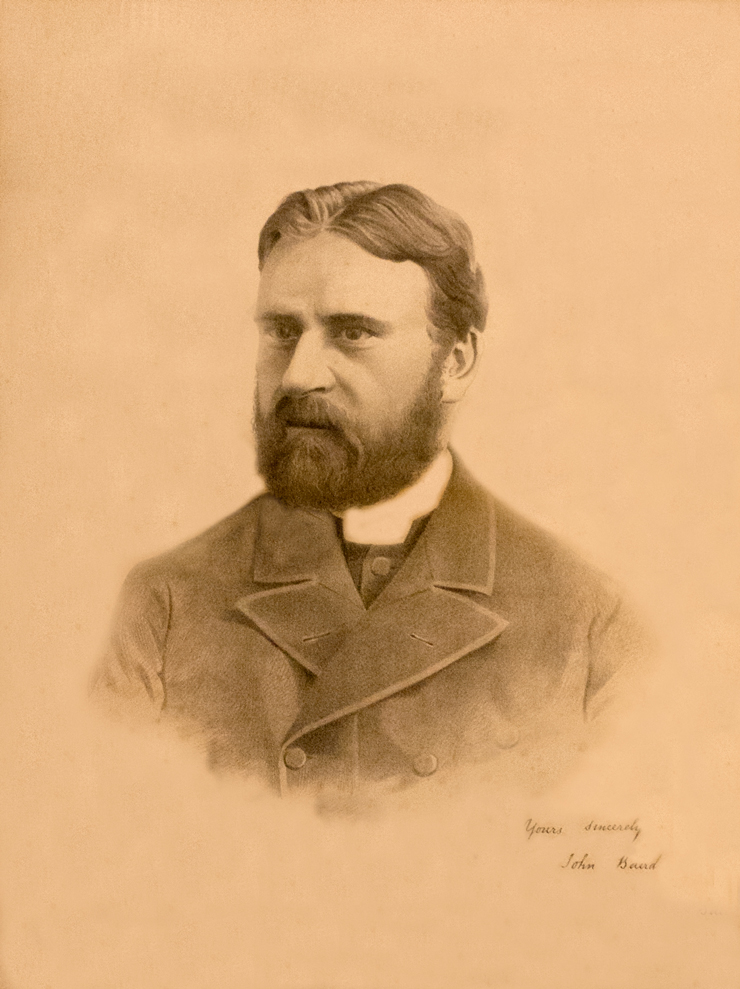 THE NINE decades of the life of the Rev John Baird — father of TV inventor John Logie Baird — encompassed much of Helensburgh’s early religious history.
THE NINE decades of the life of the Rev John Baird — father of TV inventor John Logie Baird — encompassed much of Helensburgh’s early religious history.
A signed engraving which is part of Argyll and Bute Council’s Libraries Collection shows a fine looking man of great character, which helps to explain his considerable following over many years.






